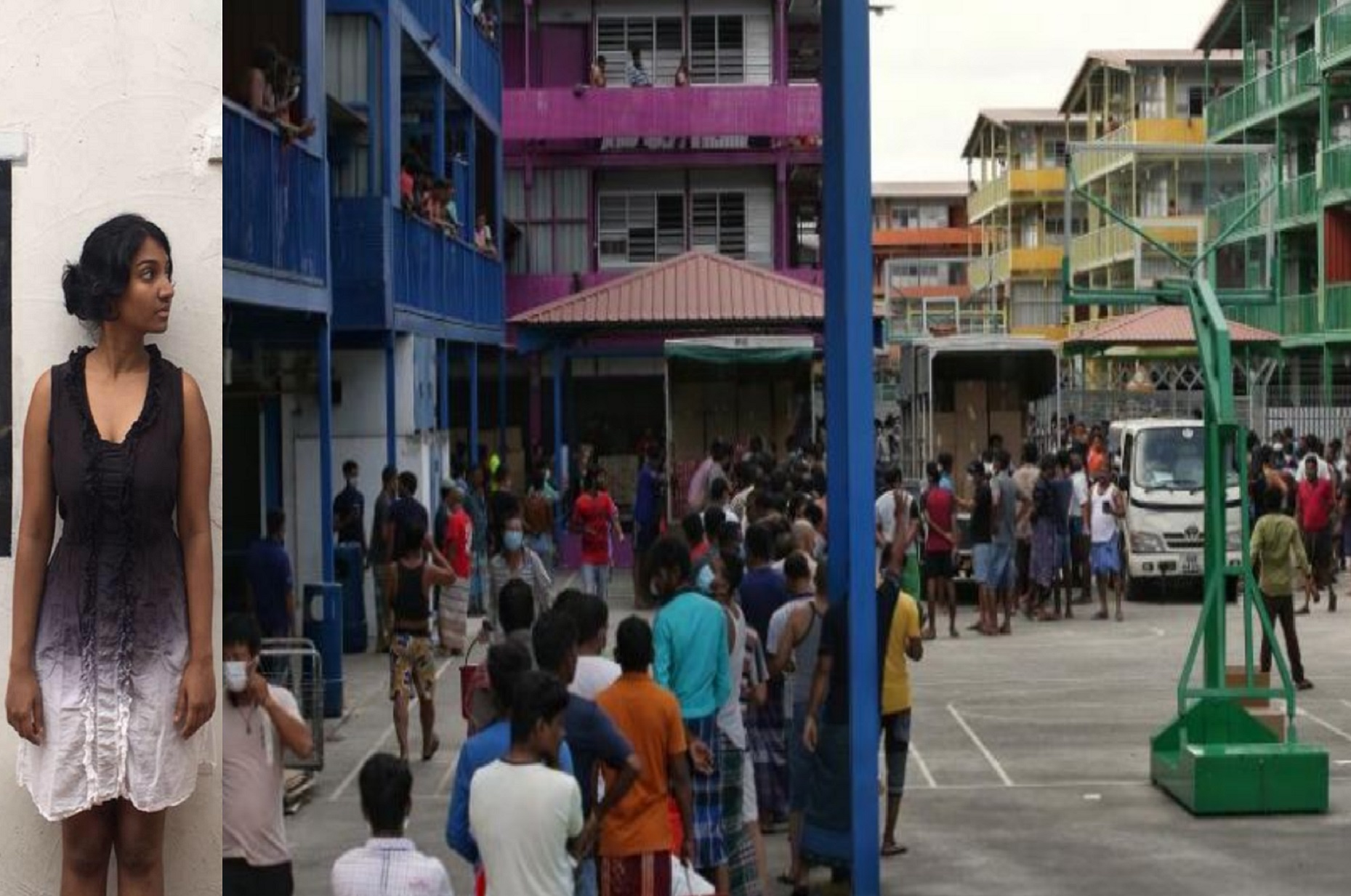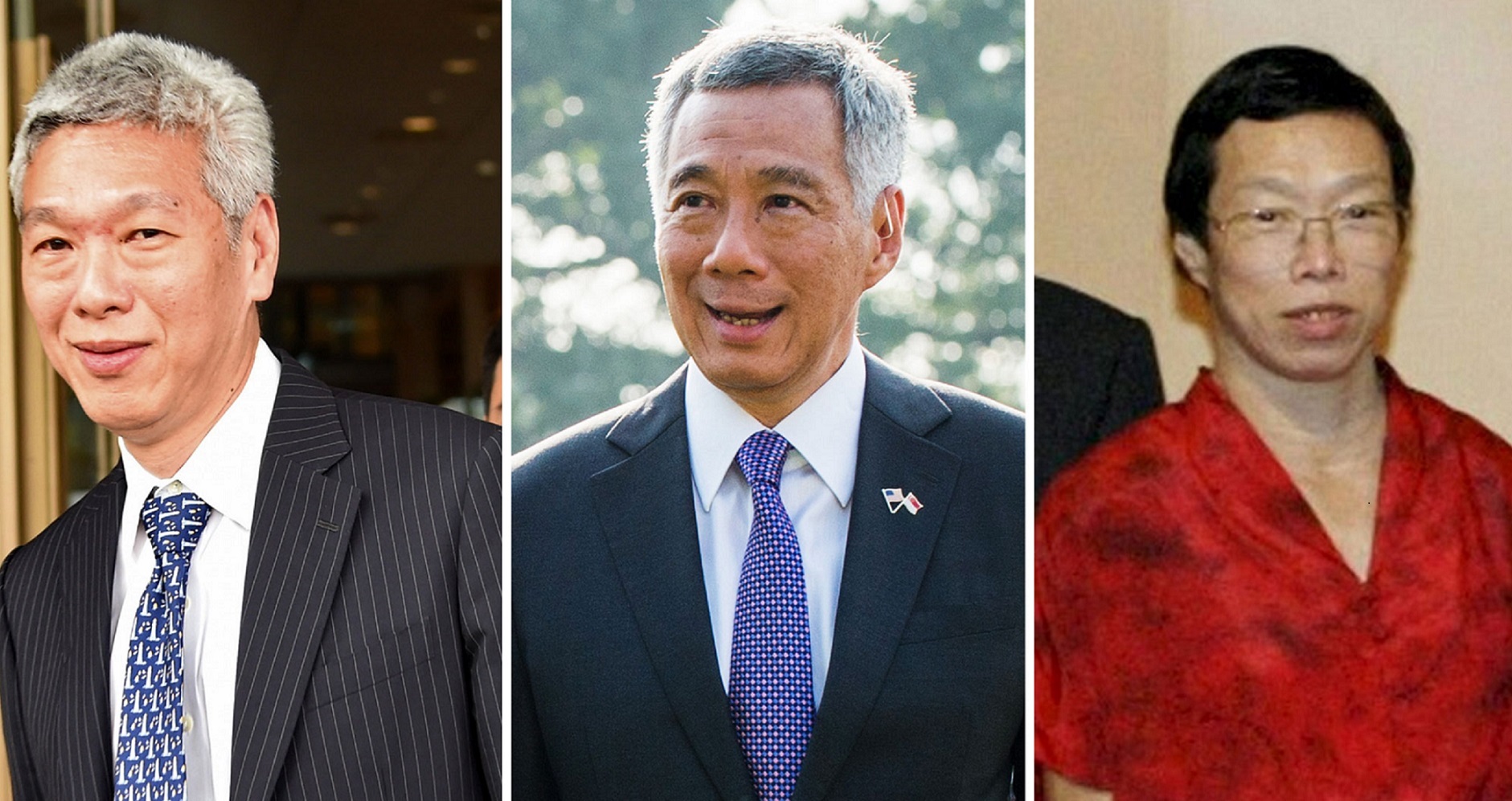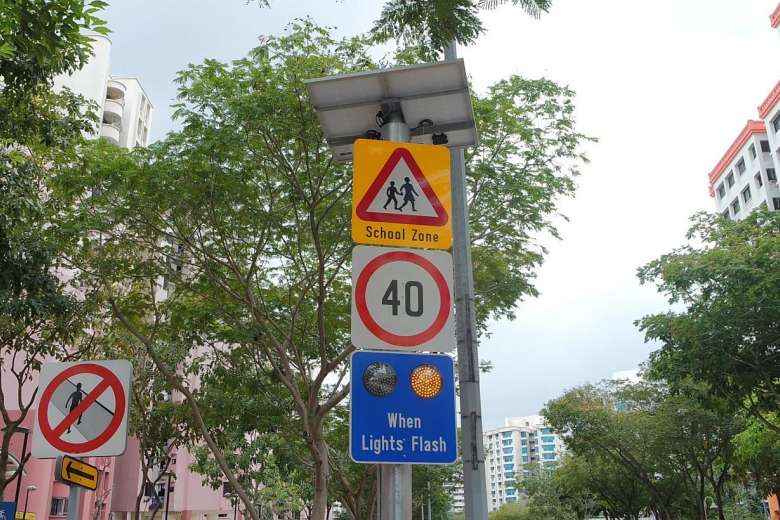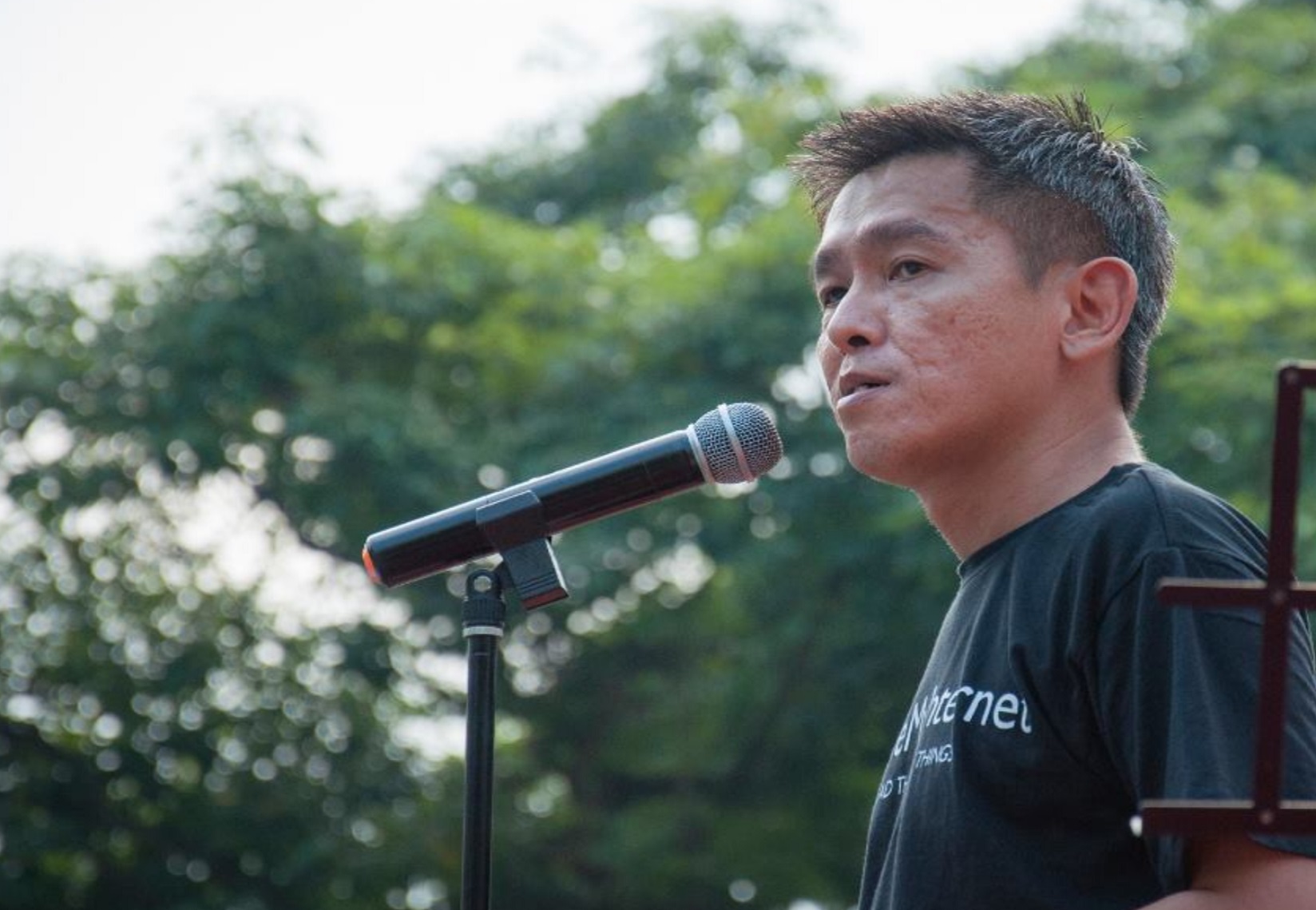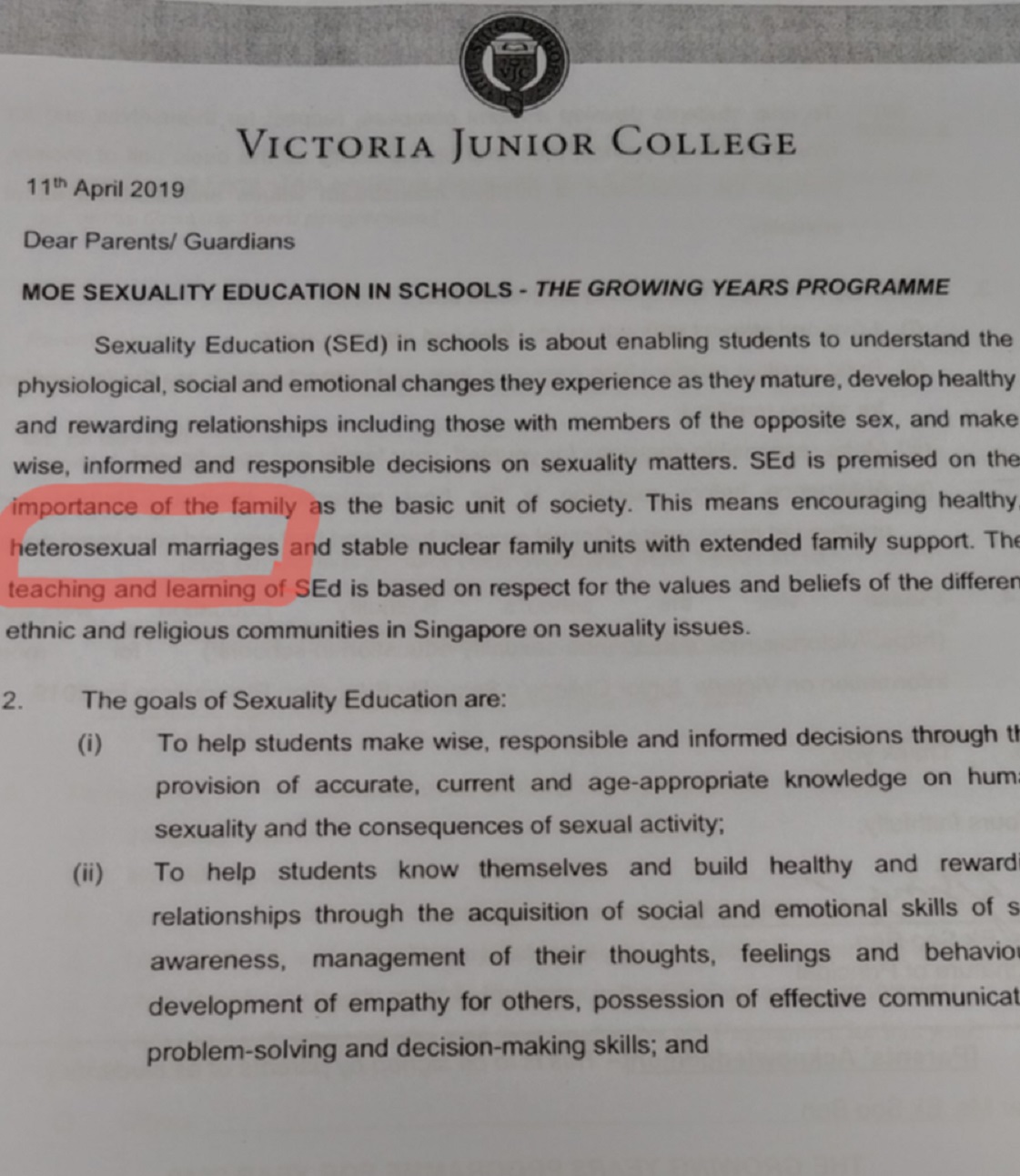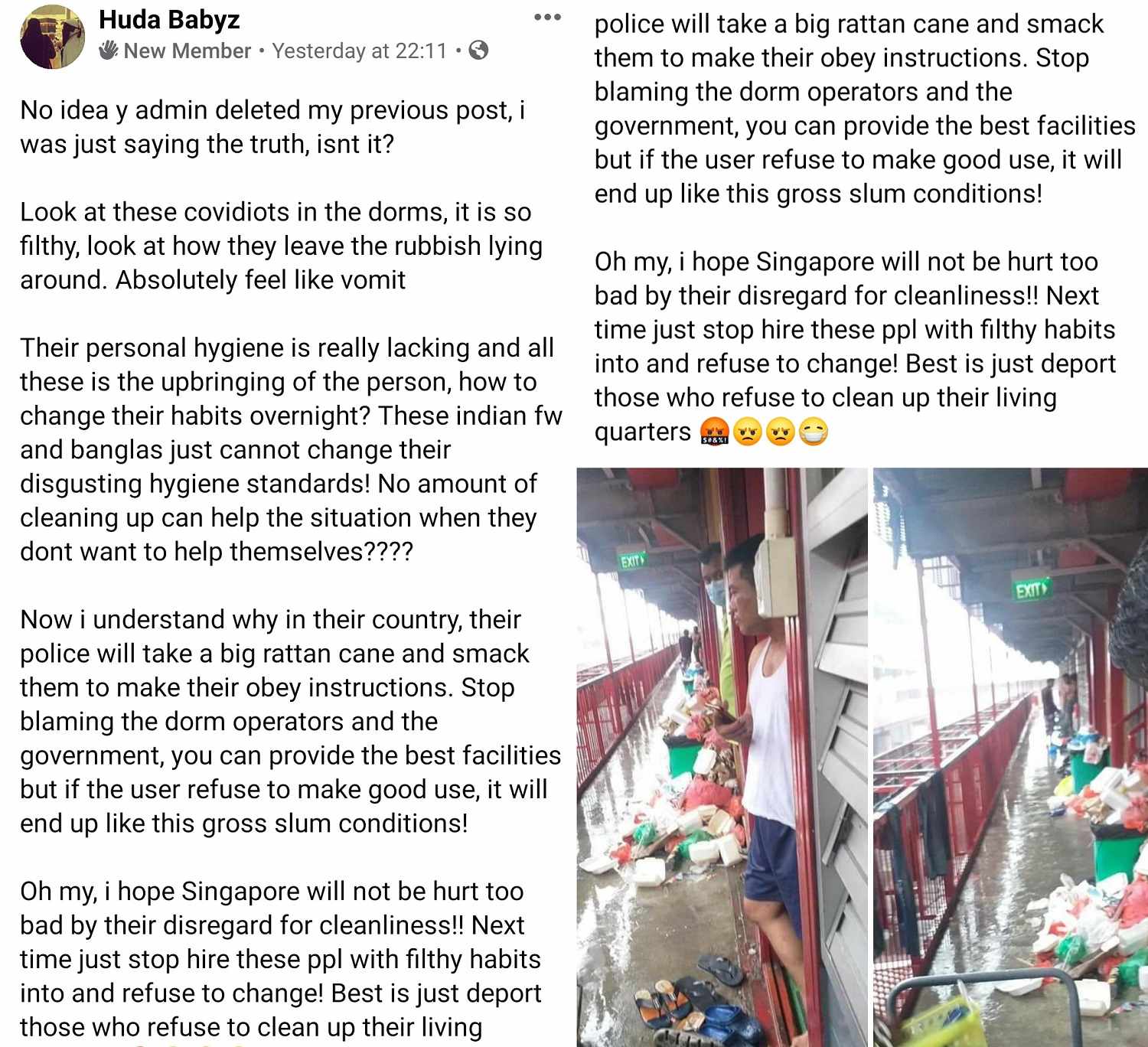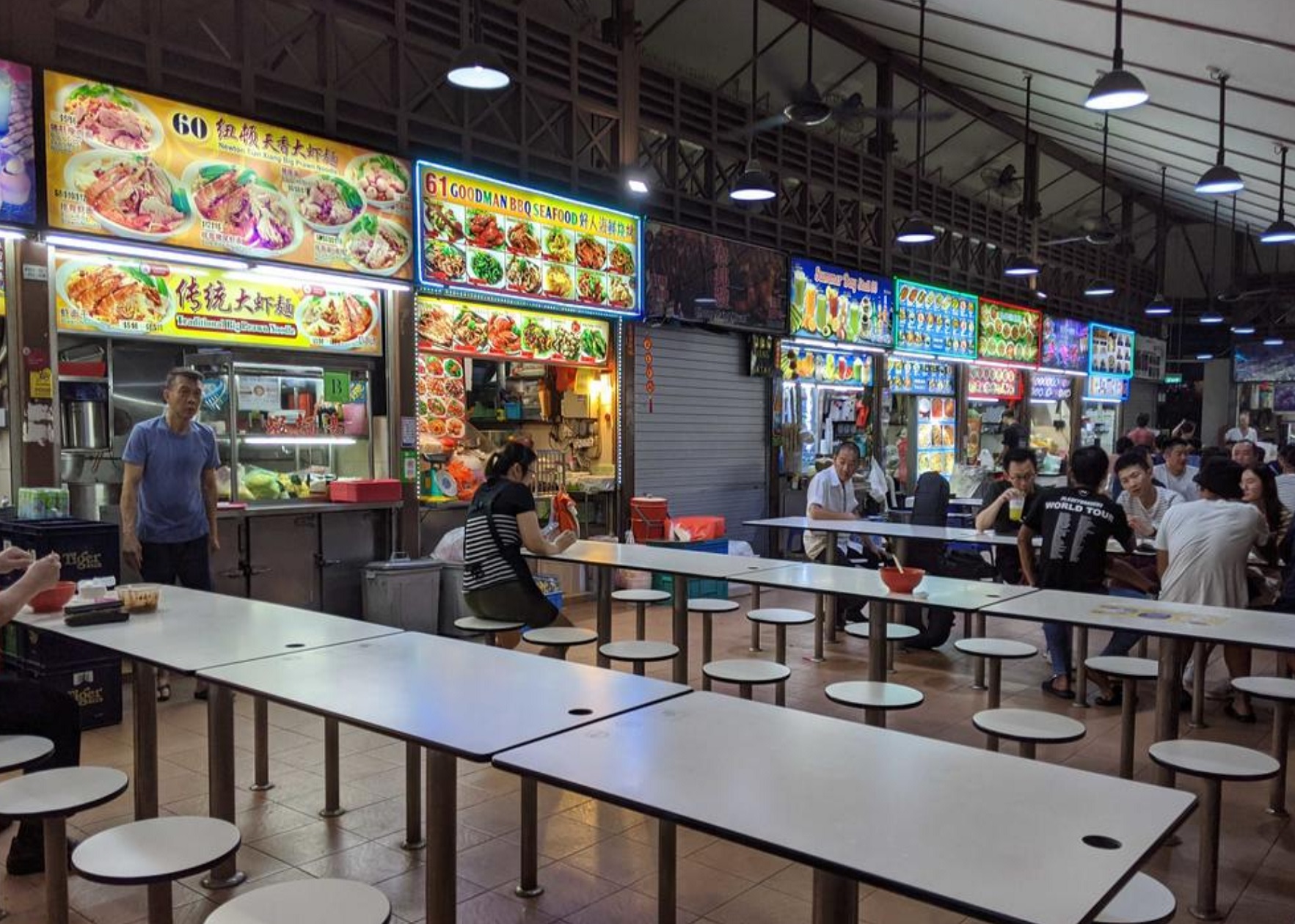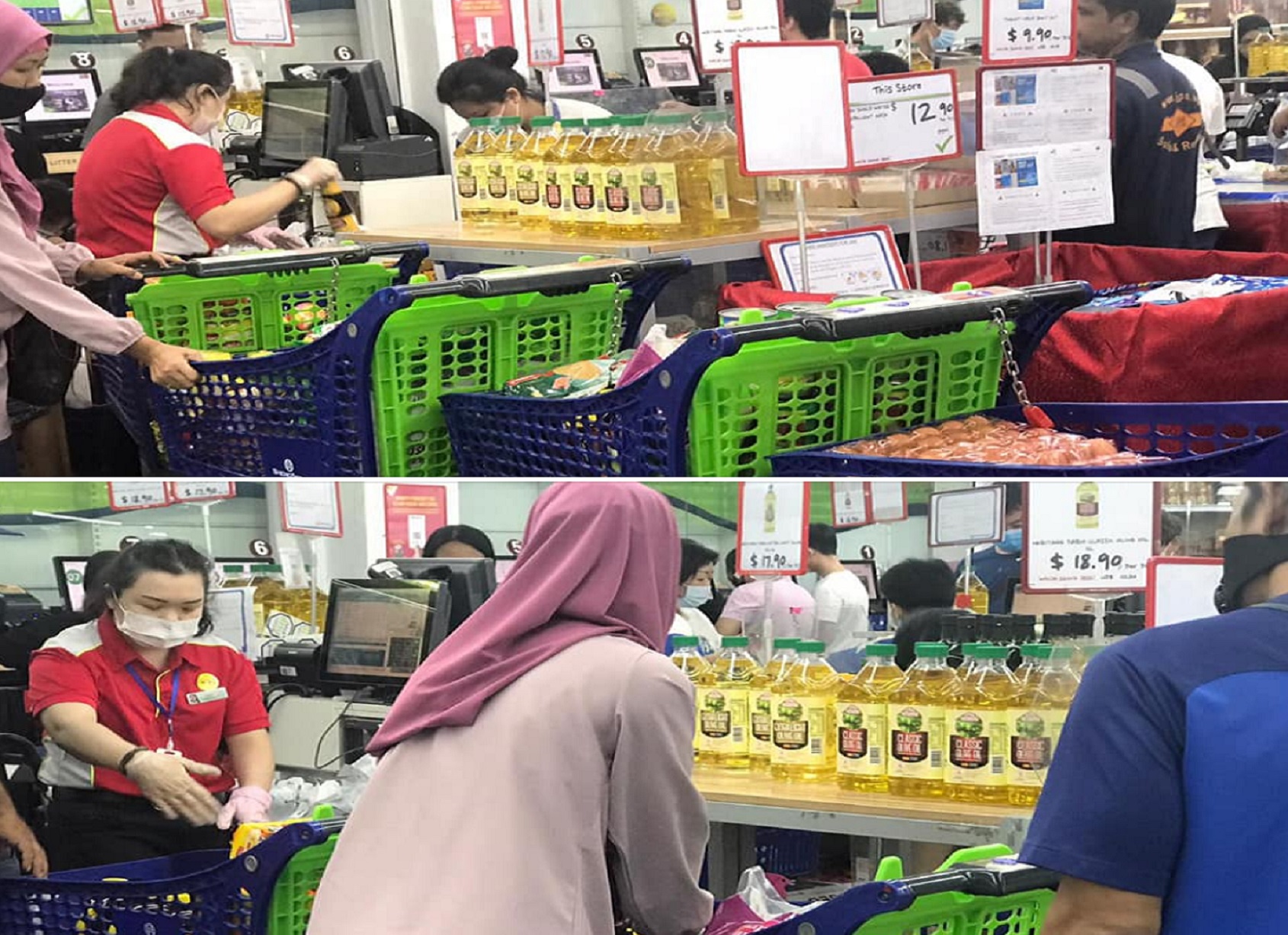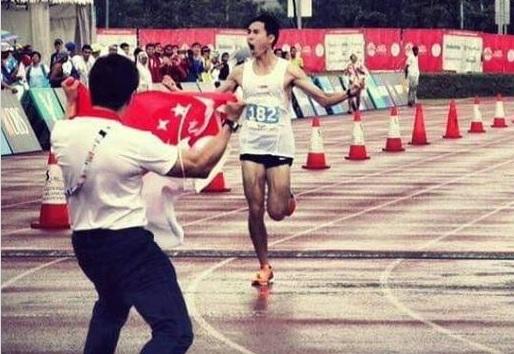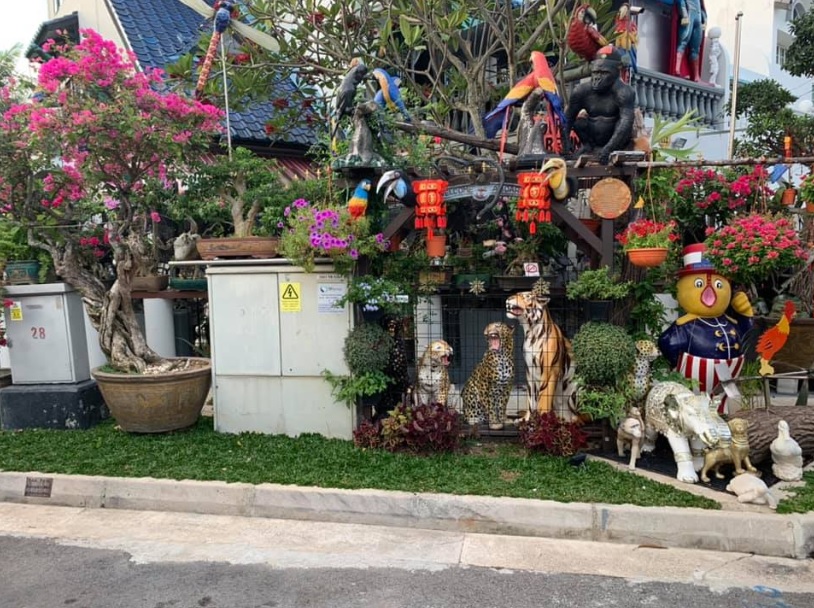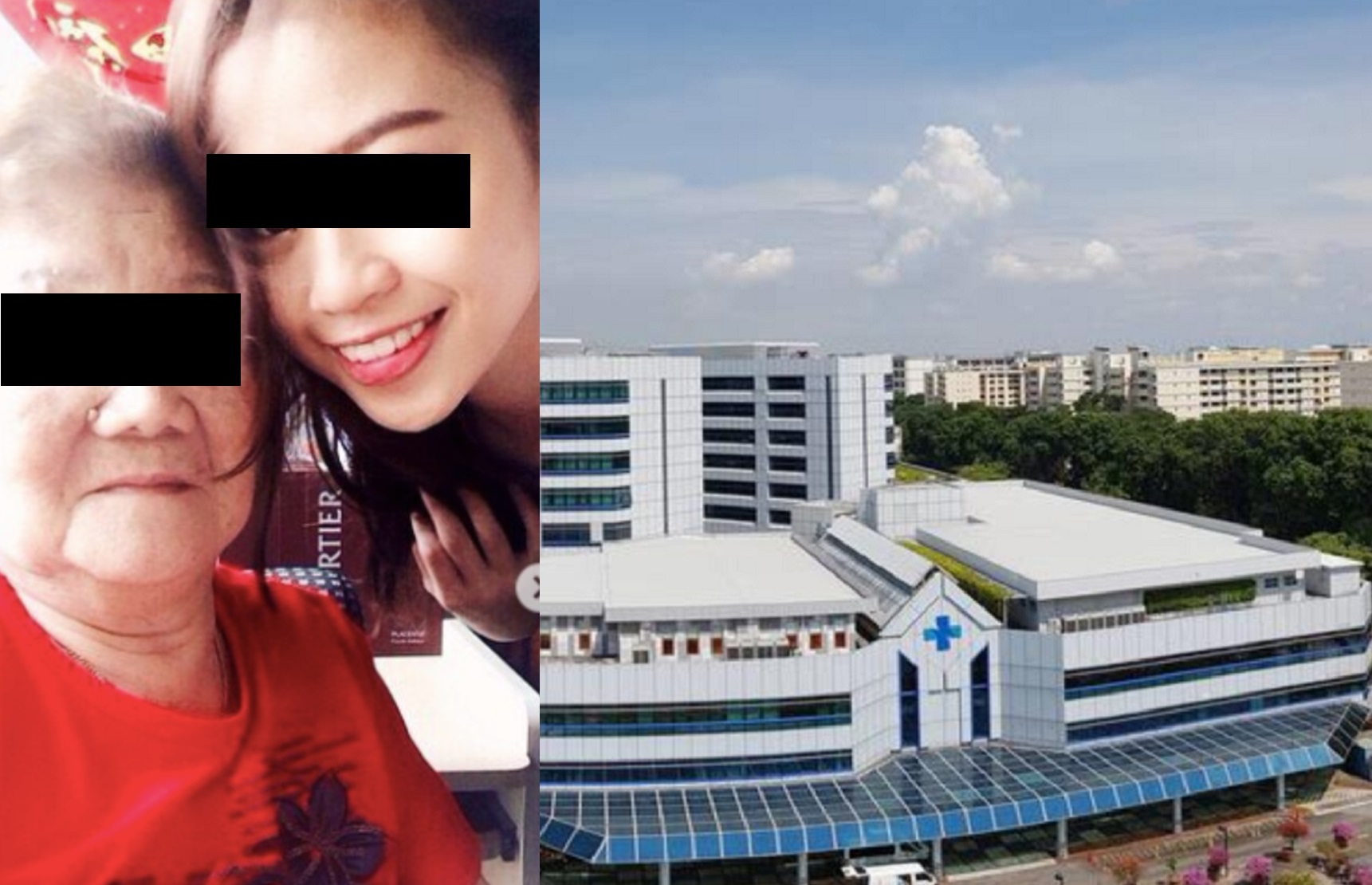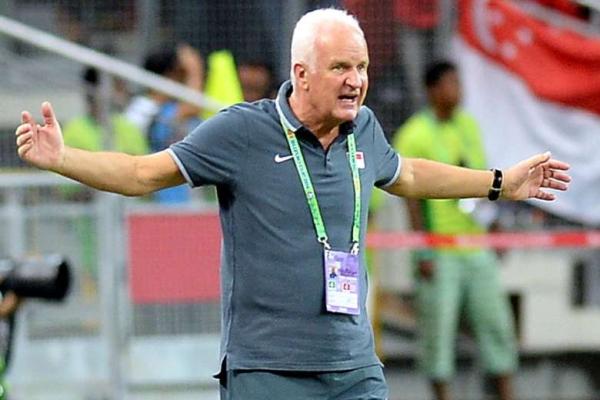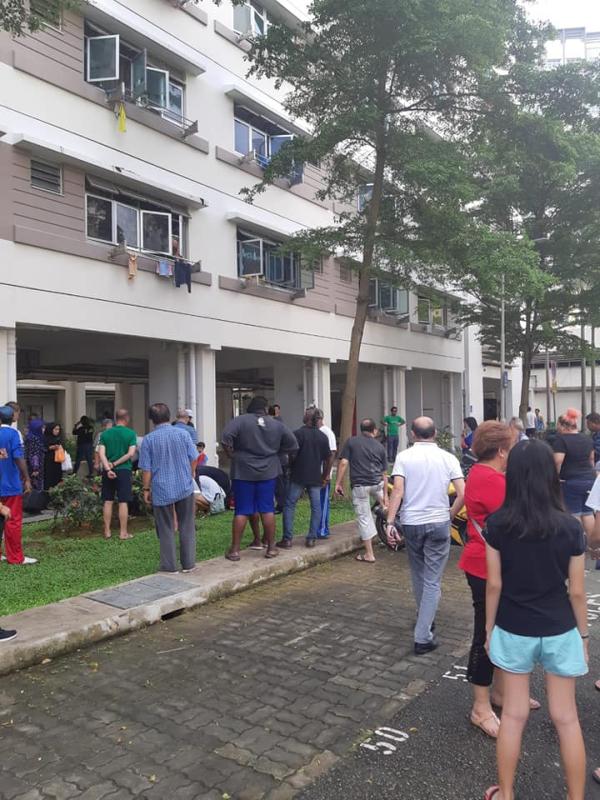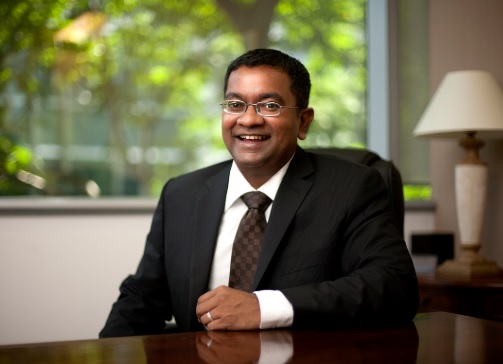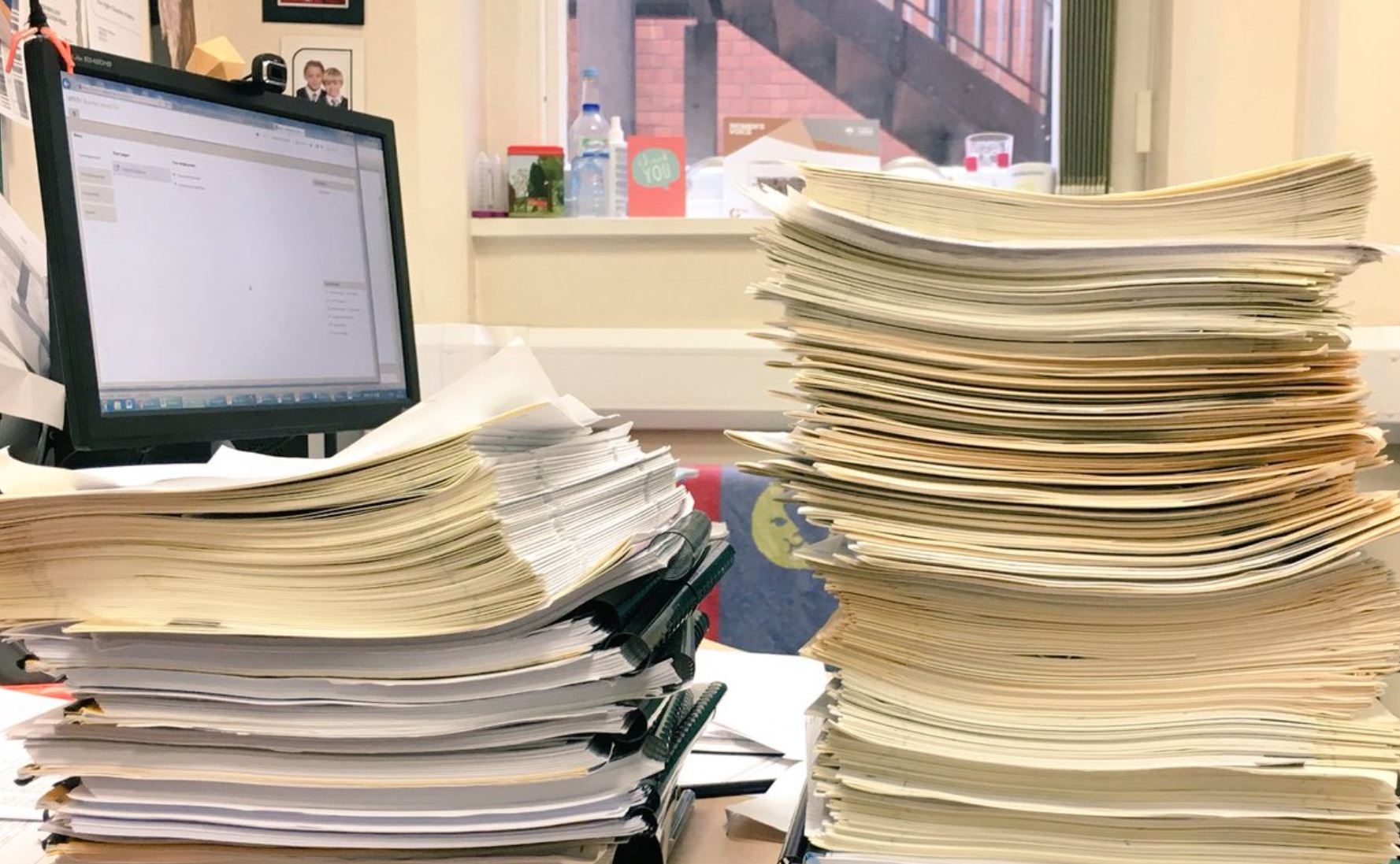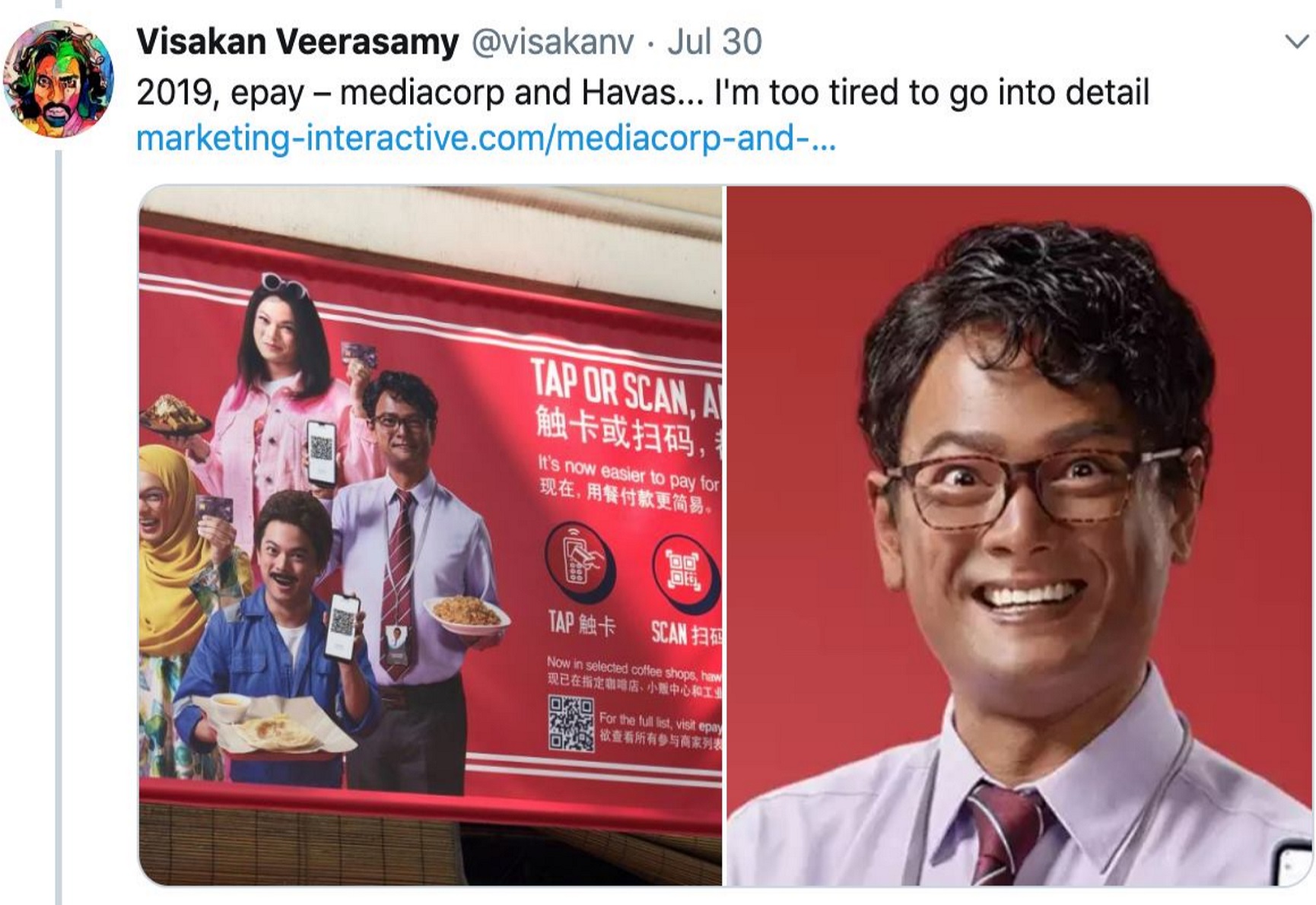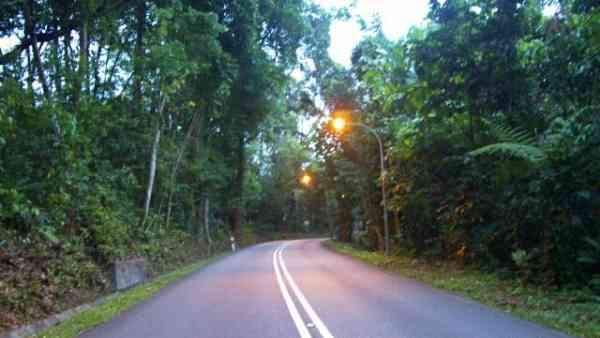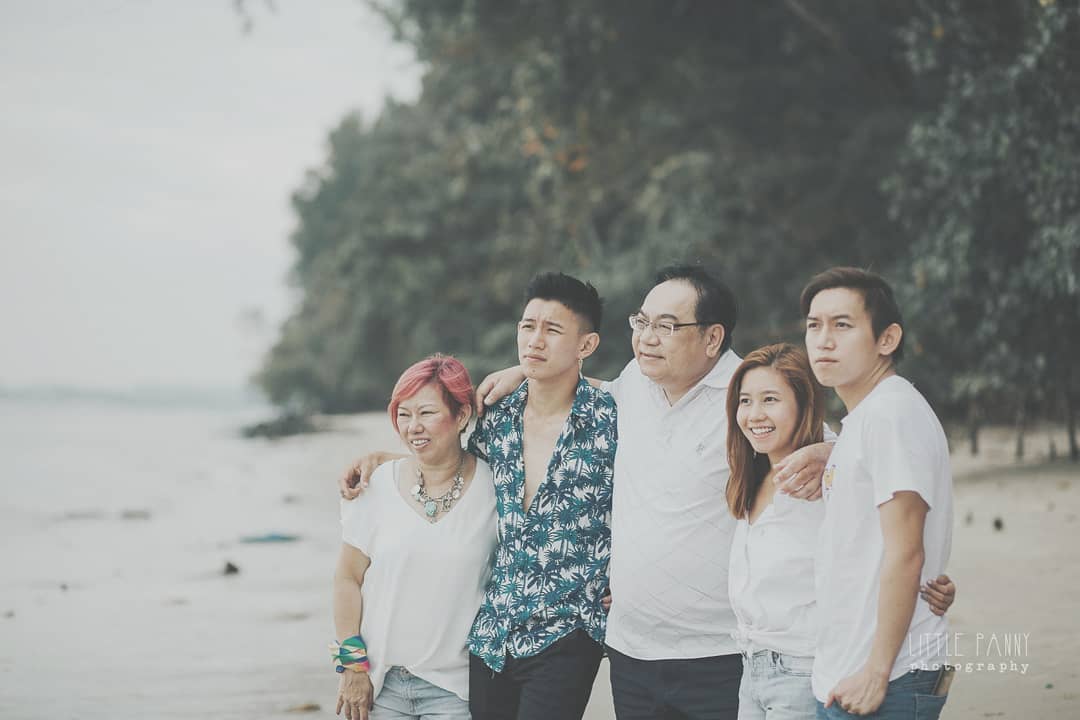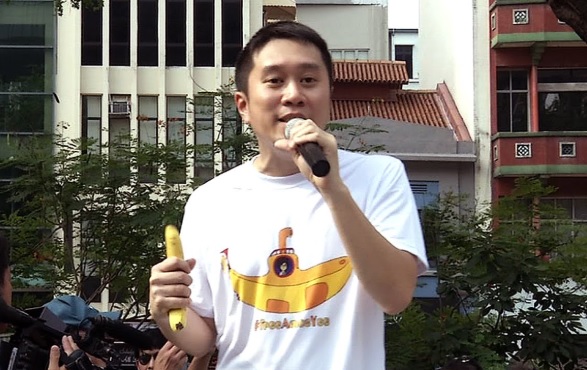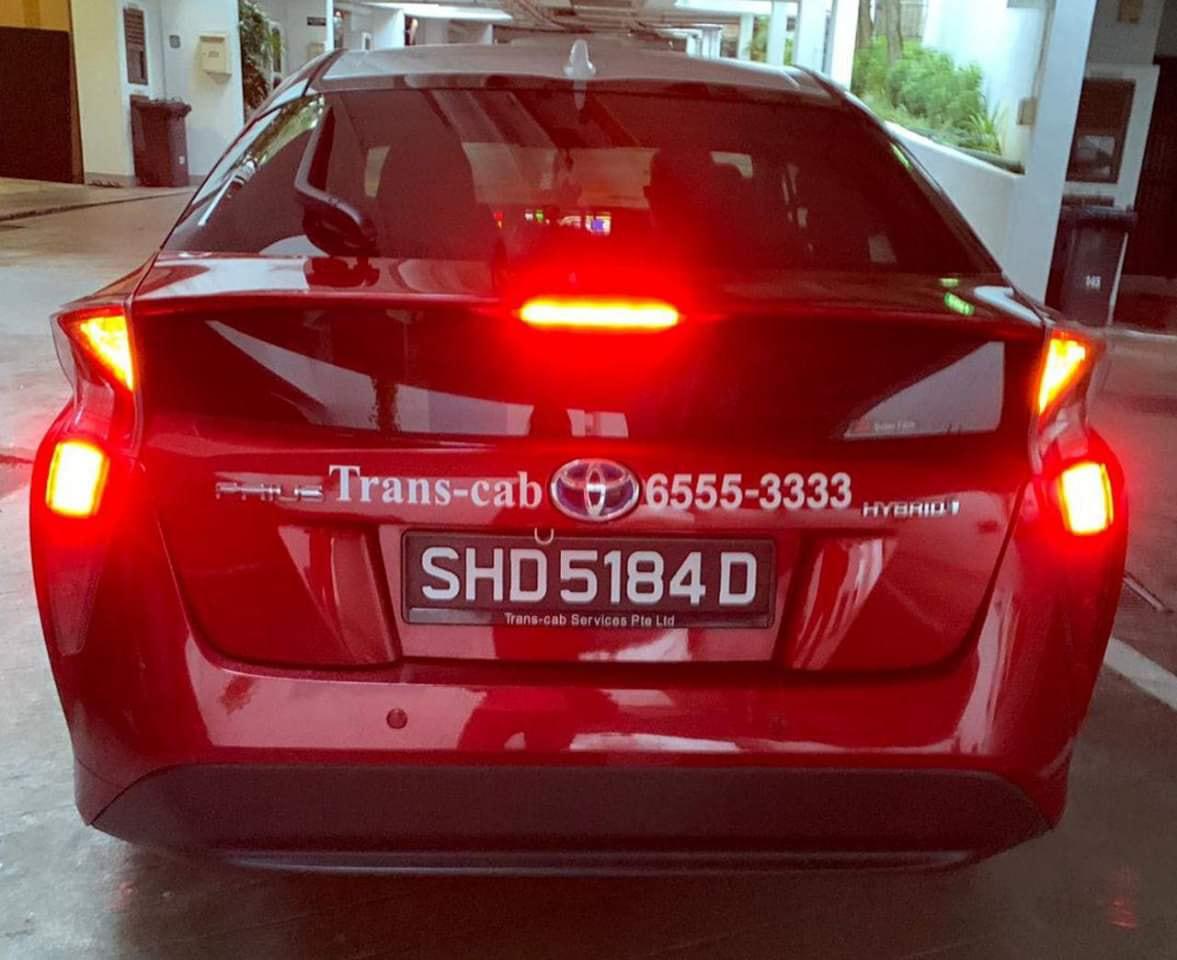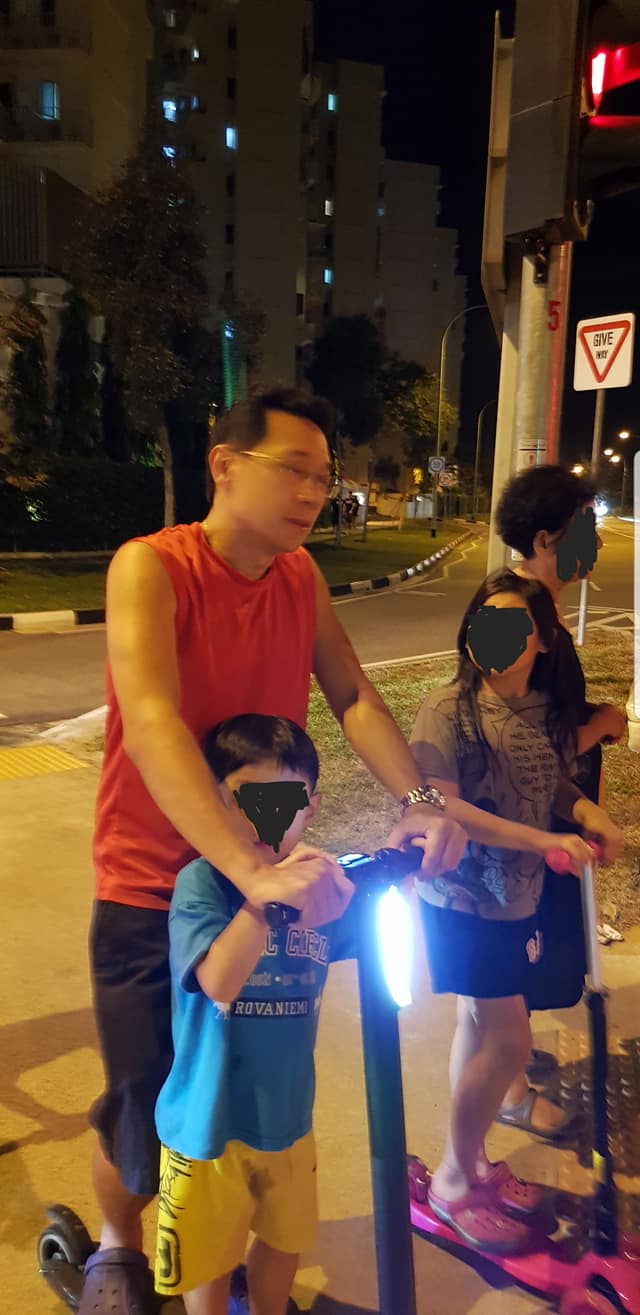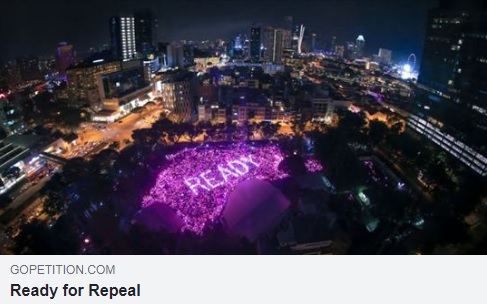Lee Wei Ling Defends Brother Lee Hsien Yang, Slams False Allegations Perpetuated By Media
The Lee family feud takes another turn. Lee Wei Ling, the only daughter of Lee Kuan Yew, slammed the media helping their brother, Lee Hsien Loong, repeat baseless accusations that Hsien Yang was attempting to trick his way into obtaining a larger share of their father's estate.
According to Wei Ling, the 2012 version of the will gave her a larger share than her brother. This however was superseded by the final will in 2013 when LKY changed it to equal shares for all three siblings.
The soap opera will continue for some time before this is resolved. The public is getting tired. This drama has gone on for one too many episodes.
That should not stop us from reflecting and asking ourselves, what if the incumbent PM is perpetuating fake news? What if the mainstream media is helping him?
Already, Wei Ling and Hsien Yang are disadvantaged by it. Is that fair?
